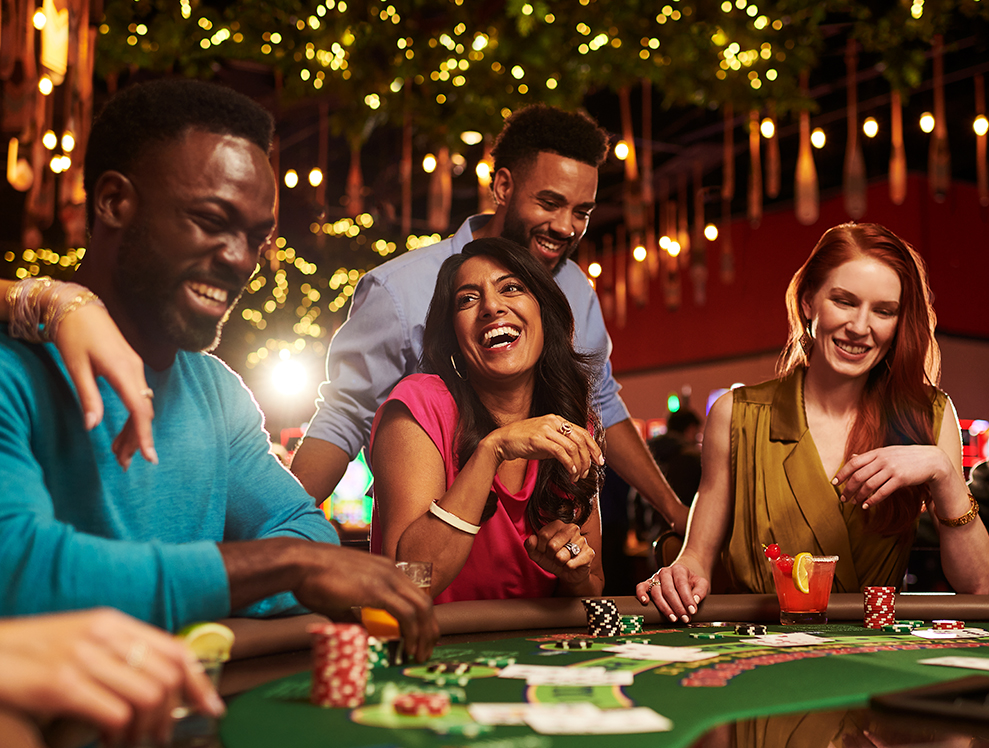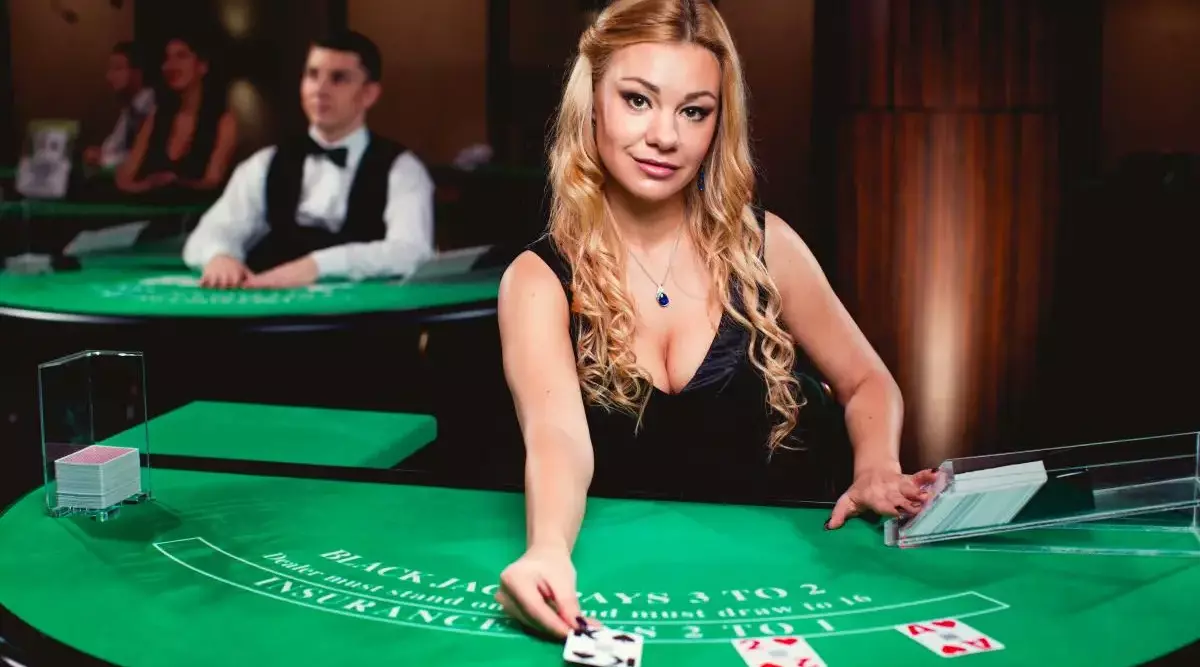Gambling as Compensation for the Childhood Experience of “Nothing Comes for Free”
Rewriting the First Rule We Learned
For some people, entering a casino – whether through the bright entrance of a land-based venue or logging into 5gringos5.gr on a phone at night – is not just about money. It’s about a deeply personal rewrite of the earliest financial and emotional lesson they ever received: “Nothing comes for free.” This phrase, repeated in different forms by parents, teachers, or life circumstances, doesn’t just describe the economic world. It becomes a core belief about effort, reward, and self-worth. In adulthood, gambling can become a way to challenge that belief – or even to heal from it.
The Childhood Economy of Scarcity
Growing Up Counting Coins
Children raised in scarcity often:
- Learn the cost of things before the value.
- Internalize the need to “earn” every single indulgence.
- Feel guilt or shame when receiving without giving back.
The psychological effect is profound: every pleasure must be justified, every reward explained. This becomes the emotional economy they live by.
The Emotional Price Tag
Even non-material gifts – affection, time, praise – can be rationed. If love feels conditional in childhood, the adult self will often see generosity as suspicious, or at least temporary.
Casinos as the Antithesis of Scarcity
The Shock of Instant Rewards
In a casino, a single spin, card, or roll can produce a return out of proportion to effort. There is no teacher marking effort. No supervisor tracking hours. The win is immediate, unearned, and therefore intoxicating.
The Fantasy of the Free
While logically players know that wins are funded by losses (theirs or others’), the moment of payout still feels like a break from the lifelong scarcity contract – a rare emotional moment when something is given “for free.”
Gambling as a Subconscious Protest
Rejecting the Old Rule
When a person who grew up with “nothing comes for free” wins, the subconscious reads it as a rebellion:
“See? The world can give without demanding back.”
This isn’t just about financial gain. It’s a challenge to the worldview that shaped their identity.
The Temporary Suspension of Effort
In everyday life, rewards demand planning, work, and patience. Gambling offers the opposite – a pocket universe where time collapses and reward precedes effort.
The Emotional Alchemy of a Win
Turning Guilt Into Triumph
For those with a scarcity mindset, pleasure often comes with guilt. A win reframes that:
- The casino “chose” to give it.
- No one else had to lose something personal for you to gain.
- You don’t have to justify your good fortune to anyone.
A Different Kind of Self-Worth
The moment of winning creates a narrative: “I am worth receiving, without conditions.” Even if short-lived, it’s powerful enough to bring players back.
The Problem of Emotional Substitution
The Risk of Confusing Luck with Justice
Over time, a player may start to believe:
- Wins are evidence the universe “owes” them for past deprivation.
- Losses are temporary injustices that will be corrected.
This thinking fuels longer sessions and higher risks.
Emotional Dependency
If the only place someone feels “given to” is the casino, the venue stops being entertainment and becomes an emotional support system – one that charges heavily for its service.
The Paradox of the “Free” Win
Nothing Is Truly Free
In the long run, all gambling outcomes are paid for, directly or indirectly. But emotionally, the first win can be stored in memory as proof that the childhood rule was wrong.
The Price Paid in Reverse
Instead of working before reward, players “pay” after reward – with time, attention, or future losses. This inverted structure can be even more addictive because it flips the lifelong habit of earning before receiving.
Childhood Scripts and Casino Behavior
The Over-Betting Urge
Players from scarcity backgrounds may:
- Chase larger wins as symbolic victories over the past.
- Overextend themselves financially to maintain the feeling of abundance.
- See quitting after a win as “leaving free money on the table.”
The “First Big Win” Imprint
The earliest significant win becomes an emotional landmark:
“This was the day I proved life could give without taking.”
This memory can overshadow dozens of losses.
The Casino as an Emotional Parent
The Provider Role
For some players, the casino acts like the parent who finally gives without conditions:
- No chores required.
- No explanation necessary.
- Just pure delivery of what was wanted.
The Comfort in Predictable Rules
Ironically, while the outcomes are random, the process of gambling is highly structured – offering a strange stability absent in chaotic childhoods.
When “Free” Becomes the Goal
The Endless Search for Reparation
Some players are not chasing profit, but an emotional repayment for years of deprivation. The problem: there’s no set amount that “balances” the past.
The Risk of Overwriting Reality
In pursuit of that free-feeling win, the actual cost – in money, time, and emotional health – is rationalized away.
The Social Layer of Scarcity Rebellion
Competing With Childhood Peers
A win also serves as social proof:
- “Look at what I got without working for it.”
- A way to symbolically outrun the same starting point as childhood friends.
Silence About Losses
Because the narrative is about abundance, losses are hidden – mirroring how scarcity in childhood was often hidden from outsiders.
The Deep Comfort of the “Gift”
Receiving Without Asking
Many people with scarcity backgrounds hate asking for help. A casino win bypasses that discomfort: you don’t have to request it, you simply receive it.
The Unspoken Gratitude
Some players even feel a strange gratitude toward the game or dealer, anthropomorphizing the casino as a generous figure.
Why the Feeling Fades (and Why That’s Dangerous)
Habituation
As wins become part of the casino experience, their emotional charge lessens. The brain begins to need bigger wins to create the same sense of abundance.
Emotional Withdrawal
Without gambling, life can feel more barren than before, as the contrast between the “giving” casino and the “demanding” outside world becomes sharper.
Can Casinos Provide Healthy Abundance?
Responsible Play and Controlled Wins
For some, small, infrequent wins are enough to feel that childhood rule is softened – without spiraling into dependency.
Self-Awareness Practices
Recognizing that the emotional satisfaction comes from challenging scarcity beliefs, not just from the money, can help players find other “free” experiences in life.
Conclusion – Gambling as an Emotional Rewrite
Casinos – whether physical spaces or digital platforms – are more than venues for games. For many, they are emotional theaters where the oldest childhood script, “nothing comes for free”, is challenged in the most visceral way possible.
The first win feels like proof that life can give without asking. The danger lies in trying to make that feeling permanent, in chasing the mirage of endless abundance. Understanding this connection between childhood scarcity and adult gambling choices is the first step toward playing – and living – with awareness.



